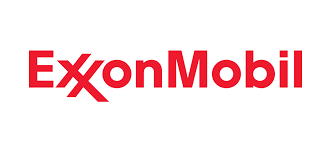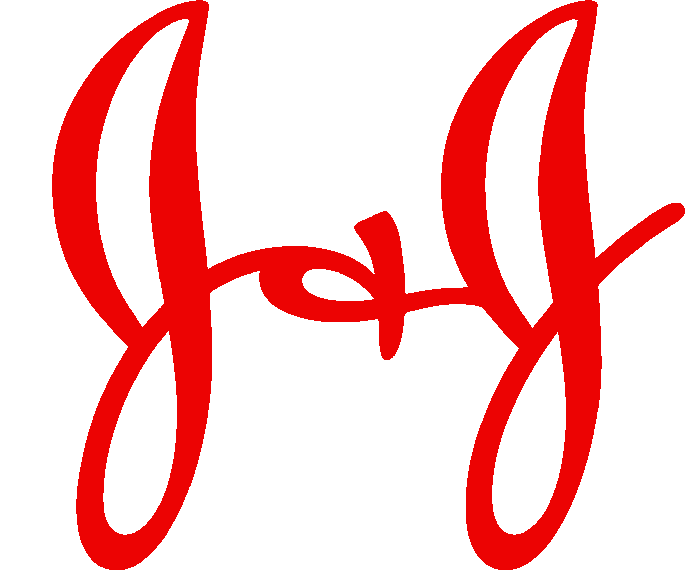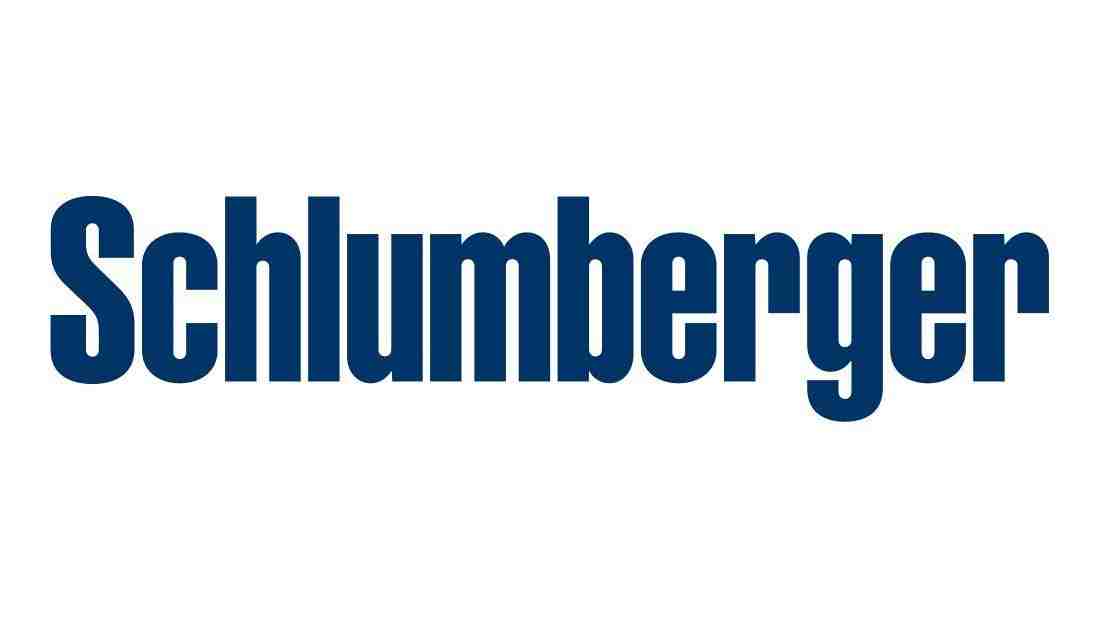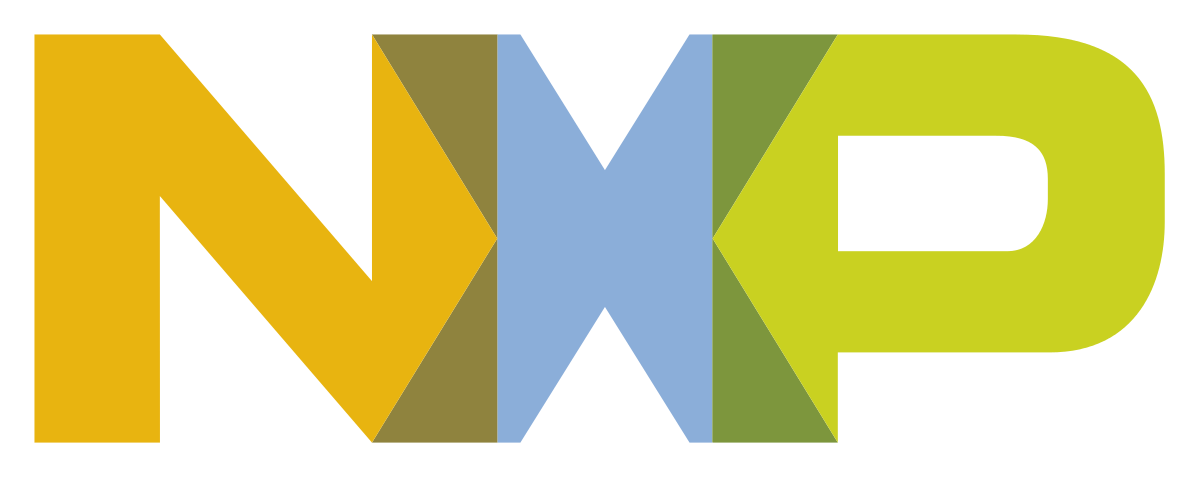Cancer is a life-threatening disease, if not treated on time and not using proper treatment. There is uncontrolled and unwanted cell growth caused by environmental reasons that alter the gene encoding responsible for cell regulation. The current available treatments such as radiation and chemotherapy have several side effects including nausea, mild cognitive impairments, and mouth ulcerations. Hence, new and innovative options for the treatment methods are required to reduce the suffering of cancer patients and death. Recently, many researchers and scientists have developed methods such as one-size-fits-all approach for the treatment of cancer. This profiling plays important role in diagnosis along with better understanding of the cancer tumors at the molecular level which is helpful to physicians to make appropriate therapeutic decisions as well as avoid “over-treatment” of the cancer patients. The Cancer Profiling Market held USD 8.3 billion in 2020, and will register to grow at a CAGR of 10.9% during the forecast period.

Market Segmentation:
Based on the technology, the global cancer profiling market is segmented into next-generation sequencing (NGS), polymerase chain reaction (PCR), immunohistochemistry (IHC), in situ hybridization (ISH), microarray, and others. Depending on the technique, the market is segmented into genomics, proteomics, epigenetics, and metabolomics. On the basis of the application, the global market is classified into personalized medicine, diagnostics, biomarker discovery, prognostics, and research applications. Geographic breakdown and analysis of each of the aforesaid segments includes regions comprising North America, Europe, Asia-Pacific, and RoW.
Market Dynamics and Factors:
Rapid geriatric population, growing prevalence of cancer, rise in funding for R&D activities, growing cancer incidences across the globe, accessibility of expenditure for cancer research, and growing usage of biomarkers with low benefit ratio for biomarkers utilized in cancer are the major drivers for the growth of the global cancer profiling market. An efficient and effective result of these profiling methods and favourable government regulations are some of the other positive factors will fuel the growth of market during analysis timeframe. However, the high cost of treatment and lack of professionals for these methods are responsible to restrain the market growth. Additionally, the presences of major players in the market coupled with availability of products are also boosting the growth of market during the next coming years. On the contrary, the growing need for point-of-care diagnostic tests and personalized medicine in cancer profiling is creating immense opportunities for the market growth during forecast timeframe. However, on-going global efforts aimed at reducing the cost of treatment and poor regulatory and reimbursement scenario are considered to be the challenge for market in the near future.
Geographic Analysis:
North America was expected to largest share in the growth of the global cancer profiling market, due to the increasing investments for the discovery and development of biomarkers through molecular profiling, rising demand for personalized therapeutics, and rising adoption of advanced omics technologies for cancer research in the region. Europe holds the significant growth rate in the global market attributed to encouraging government plans that are concentrated toward appropriate diagnosing and screening, the existence of large number of technology suppliers, and accessibility of enhanced research & development (R&D) during the forecast time frame. Furthermore, Asia pacific is anticipated to fastest growing regional market, owing to the rising government initiatives for cancer treatment, prevalence of cancer, and growing healthcare expenditure. As per the Indian Council of Medical Research (ICMR), greater than 1.4 million cancer cases were registered in 2016 and the numbers are further anticipated to reach 1.7 million by 2020 in this region. Latin America and the Middle East & Africa region are projected to moderate growth of the market in these regions during forecast period. In addition, the region is expected to high demand for cost-effective and safe therapeutics and diagnostics during the upcoming years.
Competitive Scenario:
The key players of global cancer profiling markets are Illumina Inc., Abott Molecular, NeoGenomics Laboratories Inc., HTG Molecular Diagnostic, QIAGEN N.V., Boreal Genomics Inc., Caris Life Sciences, Genomic Health Inc., Life Technologies Corporation, and Oxford Gene Technology IP Limited.
Cancer Profiling Market Report Scope
| Report Attribute | Details |
| Analysis Period | 2020–2030 |
| Base Year | 2021 |
| Forecast Period | 2022–2030 |
| Market Size Estimation | Billion (USD) |
| Growth Rate (CAGR%) | 10.9 % |
|
| By Technology (Next-Generation Sequencing (NGS), Polymerase Chain Reaction (PCR), Immunohistochemistry (IHC), In Situ Hybridization (ISH), Microarray, and Others), By Technique (Genomics, Proteomics, Epigenetics, And Metabolomics), And By Application (Personalized Medicine, Diagnostics, Biomarker Discovery, Prognostics, And Research Applications) |
| Geographical Segmentation | North America (U.S., Canada, Mexico) Europe (UK, Germany, Italy, France, Rest of Europe), Asia-Pacific (China, Japan, India, Australia, Rest of APAC), South America (Brazil, Argentina, Rest of SA), MEA (UAE, Saudi Arabia, South Africa) |
| Key Companies Profiled | Illumina Inc., Abott Molecular, NeoGenomics Laboratories Inc., HTG Molecular Diagnostic, QIAGEN N.V., Boreal Genomics Inc., Caris Life Sciences, Genomic Health Inc., Life Technologies Corporation, and Oxford Gene Technology IP Limited. |






